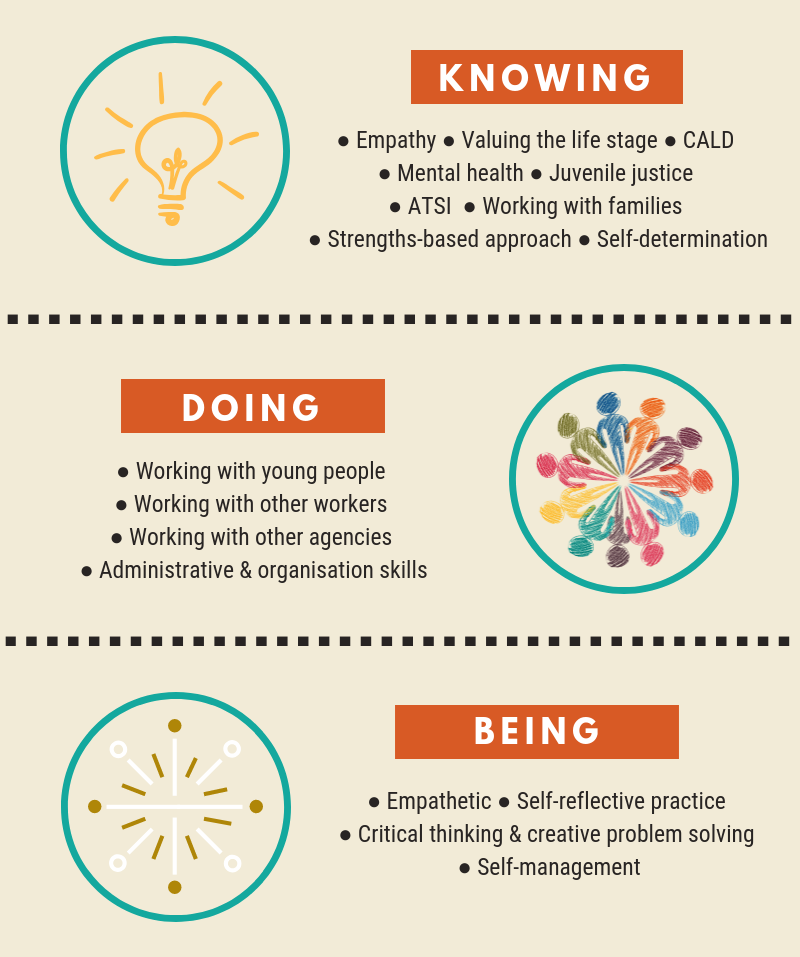Surfacing the hidden curriculum: What matters in your industry?

It is said that knowledge is power. This is because with more knowledge comes more opportunities – you can only effectively act on what you know. But how does knowledge become power to those who don’t yet possess it? How do we create social justice through the education system for students who come from all different backgrounds? How do we equip students with the skills and knowledge required of their chosen industry beyond preparing them to pass assessments?
In part one of the webinar ‘Surfacing the hidden curriculum: Levelling the playing field for students’, Sharon Aris looks at how knowledge is valued and practised in industry to reveal how it can be made more explicit to students in their classroom and assessment work.
You can watch the Play Again here. Keep reading for a summary of her key ideas.
Uncovering knowledge in industry
Legitimation Code Theory (LCT) is a toolkit used to surface what matters in your industry, teaching, practice and assessment. The theory reveals the ‘rules of the game’ and ‘hidden codes’; patterns and practices that really matters in a field, practice or discipline and it’s used for both researching and changing practice.
It’s conceived within a social justice framework and works to reveal the ‘rules of the game’ to make education as accessible to as many students as possible, as well as to enable disciplines and industries to better build their own knowledge.
How knowledge exists in education
Knowledge is produced across three different areas in education:
- Knowledge as produced in an industry and/or discipline: Where industry and discipline practices are built.
- Official curriculum: How knowledge is recontextualised by governments, regulators or licencing bodies. This may or may not necessarily directly relate to knowledge from industry. If it doesn’t align with the industry, there is a ‘code clash’.
- Classroom: Knowledge is also reproduced in the classroom from a curriculum and is enacted by students in assessments.
Case study: youth work
What does it take to be a good youth worker and to be successful in the industry? To be able to answer this question as a student, access to industry knowledge is required. Without it, students cannot effectively prepare for what the industry requires of them. Through interviews with the industry, it was found that a good youth worker is the following:
Specialisation
One of the codes in LCT is called ‘specialisation’. Specialisation looks at knowledge practices and its premise is that knowledge is either:
- ‘About something’, which is known as a ‘knowledge code’ as it’s about what you know. The knowledge ‘about something’ is structural, often very hierarchical, very objective and can be learned by anyone, no matter who you are.
- ‘By someone’, which is known as a ‘knower code’ as it’s about who you are and your personal practices. The knowledge ‘by someone’ concerns your experiences and who you are.
In specialisation, both types of knowledge are important but in any industry or discipline, one is going to be more important than the other, for example:
- Computer engineer: Is more focused on what you know.
- Fashion designer: Is more focused on who you are and your tastes.
- Architect: Is about both what you know and who you are and your tastes.
In the case study of youth work, this is a ‘knower code’ as what matters most is how you work with young people. Even though you also need to demonstrate industry knowledge, skills and practices, it is particularly important you exemplify the characteristics of ‘being’ as outlined above.
What happens when there is a code clash between the industry and the individual?
When students are not taught the knowledge required of their industry appropriately in curriculum and classroom, they become disadvantaged in being prepared for the industry. For example, the industry of youth work particularly requires strong skills in working with people, so the best way to prepare students in the classroom is through activities such as role plays, presentations and practising engagement skills including through workplace learning. Assessing them through a means which they are unlikely to encounter in the industry is not as meaningful, e.g. essay writing. Understanding the industry and its needs and appropriately translating it into the curriculum and in the classroom will best equip students for success.
To continue the conversation, contact Sharon Aris, or share your thoughts and ideas via Yammer, Twitter or LinkedIn.

